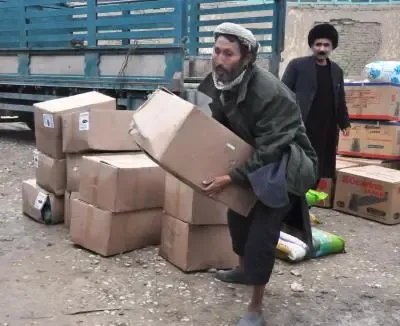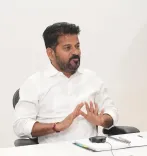What New Policy is Fiji Implementing to Combat Staff Misconduct in Schools?

Synopsis
Key Takeaways
- Fiji's Education Ministry is developing a new disciplinary policy.
- The policy addresses staff misconduct and improves accountability.
- Changes to the teacher transfer policy will help address shortages.
- Fiji's inaugural Child Safeguarding Policy aims to protect children's rights.
- Nationwide consultations were conducted to shape these policies.
Suva, Sep 30 (NationPress) The Education Ministry of Fiji is in the process of formulating a thorough disciplinary framework aimed at addressing staff misconduct, shortages, and inadequate accountability within schools.
In a statement made in parliament on Tuesday, Education Minister Aseri Radrodro emphasized that the new policy is designed to bridge existing gaps in science, technology, engineering, and mathematics (STEM) education, particularly in remote schools and regions impacted by retirements or resignations. This initiative also seeks to enhance teacher retention and motivation, as reported by Xinhua News Agency.
The proposed framework intends to rectify previous shortcomings that resulted in delays, favoritism, and a lack of accountability, according to reports from Fiji Broadcasting Corporation.
Furthermore, Radrodro detailed modifications to the teacher transfer policy designed to address staff shortages and facilitate the redistribution of teachers across different schools, divisions, and districts.
Teachers will now have the opportunity to request transfers after completing a designated period, with annual windows and structured procedures to ensure equitable movements.
Earlier in August, Fiji's Cabinet endorsed the nation’s inaugural Child Safeguarding Policy, which establishes a unified national framework to guide ministries, statutory bodies, civil society organizations, and institutions working with children.
This policy delineates responsibilities, procedures, and minimum standards for organizations, thereby enhancing accountability and uniformity in child protection efforts, as reported by Fiji Broadcasting Corporation.
The Ministry of Women, Children and Social Protection spearheaded the development of this framework through extensive nationwide consultations involving children, families, community representatives, and professionals in child welfare.
Minister Sashi Kiran remarked that the approval of this policy marks a significant milestone, calling it a “crucial step” that strengthens Fiji's commitment to safeguarding the rights and well-being of every child.
Child safeguarding remains an urgent issue in Fiji, with escalating incidents of child abuse, neglect, exploitation, and online threats.
Data from child welfare agencies and law enforcement reveal ongoing challenges in ensuring children's safety across homes, schools, religious institutions, and community venues.
A lack of a cohesive safeguarding framework has frequently resulted in fragmented responses, with deficiencies in reporting, intervention, and prevention. The new policy aims to address these issues, the minister stated.









